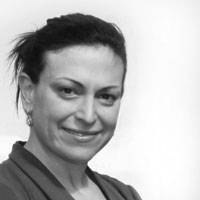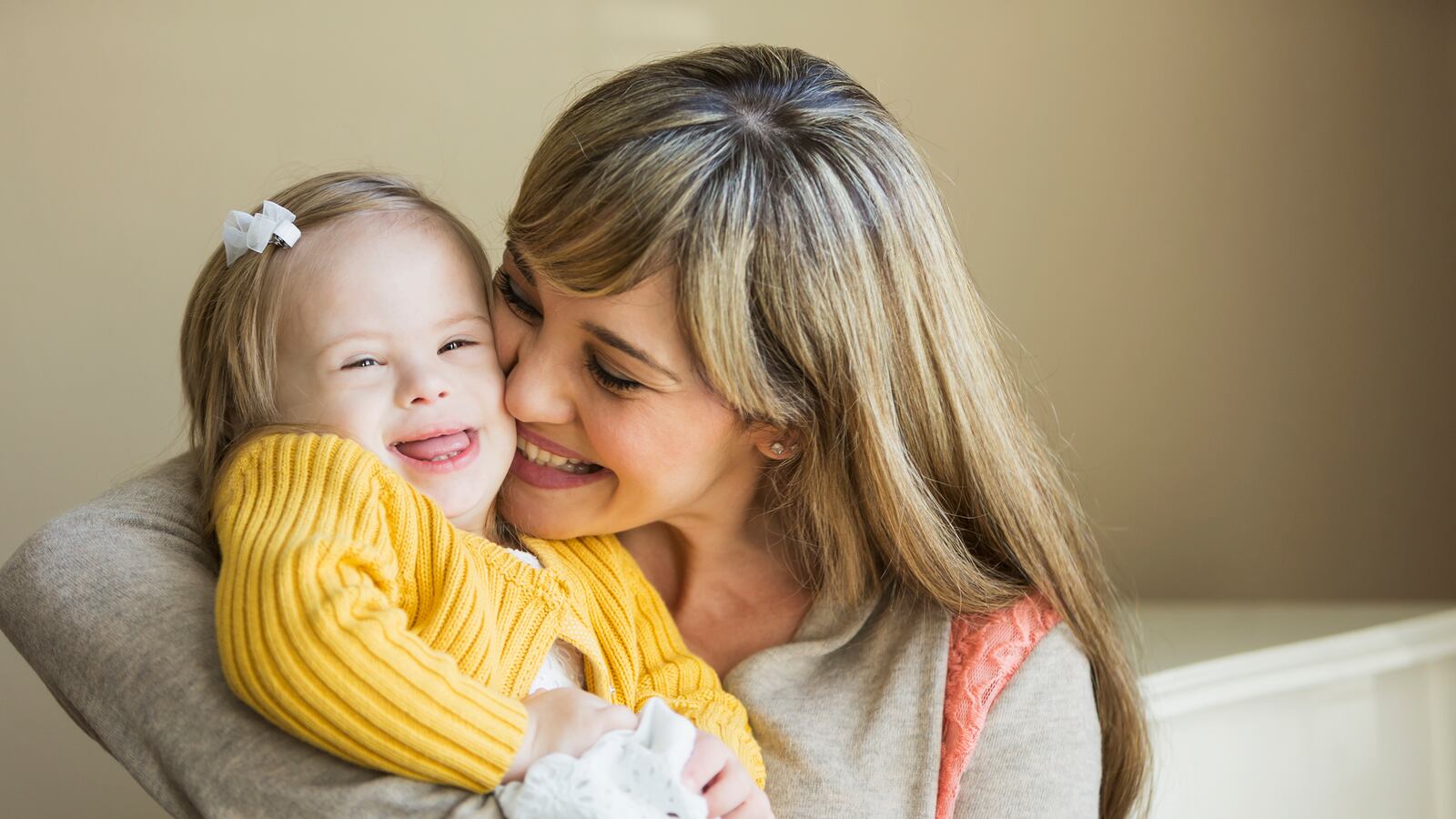If you have a child with special needs, at least two things are guaranteed to happen. Someone will tell you, “God doesn’t give you anything you can’t handle,” which will make you want to tear your hair out. And someone else will send you the poem “Welcome to Holland.”
“Welcome to Holland” analogizes having a child with a disability to a screwed-up travel itinerary. If those two things sound unlike one another, that’s because they are, in fact, unlike one other.
In the poem, you’ve been planning a trip to Italy, but instead you’ve wound up in Holland. Holland wasn’t what you were planning, but hey, look at those windmills and tulips! Holland isn’t worse than Italy. It’s just different.
When I first read this poem, I was still reeling from the news that my second son, Edmund, had a rare genetic disorder called Cri du Chat syndrome, and would likely have severe physical and cognitive disabilities for his whole life. Can someone please explain to me how the fact that I will be changing my adult son’s diapers is anything like a fucking field of tulips?
The thing is, in its anodyne, even saccharine, way, the poem does gesture vaguely in the right direction. Now that he’s older, I wouldn’t trade Edmund for a typical kid any day.
Edmund was diagnosed within weeks after his birth. The night that his awkward, reluctant doctor delivered the news, my husband and I didn’t sleep a wink. We clung to each other and wept. Our chances for a happy life were over; our oldest son’s life was utterly destroyed.
For about a year, I was shattered, moving zombified through my life. I wanted out, I didn’t ask for this—but there were no “takebacksies.”
I now know that my fears and the depths of my grief were because I was unfamiliar with disability. I’d grown up the era of segregated schools. I had never in my life had a sustained interaction with someone with a cognitive disability who wasn’t bagging my groceries.
My husband and I, in our state of shock, searched for hope online. We looked for kids with Cri du Chat who turned out nearly typical. We looked for families with kids with disabilities who were nonetheless happy.
Those families who avowed their happiness tended to be religious (“she’s God’s gift!” or, much worse, “God is testing us!”). Since we weren’t religiously inclined, that brought little comfort.
I wish I could go back in time, give my grieving self a hug and a warm cup of cocoa, and assure me that it gets better.
This is what I wish I could tell my past self and any other parents who have just been flattened by the diagnosis sledgehammer: This place you’re in right now, where you’re wishing fervently you could have a do-over, where you’re scrambling for evidence that your kid will be different from the others, and then hating yourself for being the worst parent in the world, because who could feel that way about their own child? This is the worst it will be.
It gets better. Maybe not for everyone. But for most of the parents I’ve talked to, it gets better.
Look, it’s not a field of tulips. Some of the stuff you’re afraid of will indeed happen. People will stare and be discomfited. Your kid may not be the exception who breaks all the rules and turns out to be typical. She may not talk, she may not walk (my kid doesn’t do either). He may have behavior problems.
But that matters much less than you think it does right now.
You don’t know how much you will love your kid. Because, most likely, you will fall madly in love with your kid, as I did.
My kid isn’t verbal, but he finds all sorts of ways to communicate what he’s thinking and feeling. He is warm, affectionate, loves music, always sticks his nose in everybody’s business, and giggles whenever his brothers burp. You will love all the adorable things he does.
You’ll start caring about whether you look good in that outfit again.
You’ll see other children around the age of your child, and won’t always feel a stab of jealous pain. Maybe sometimes, once a while. But not every single time.
You’ll become close with so many people you never would meet: other parents, people who work with people with disabilities, adults with disabilities.
You’ll understand that disability isn’t a nightmare, that a child with disabilities is not necessarily suffering, that disability has many compensatory joys.
Sometimes people tell me how they are so sorry about my son. It always takes me aback for a second. He isn’t anything to pity me for; I’m lucky to have him.
If I read this in the post-diagnosis gloom, I would have thought that I was self-deluded. That I couldn’t really be happy—I must be just telling myself that because how else could I live with my situation?
For all I know, that is true. But if I think I’m happy and I feel happy, then it doesn’t matter all that much to me whether I’m self-deluded.
And the best thing? Can’t beat the parking.






